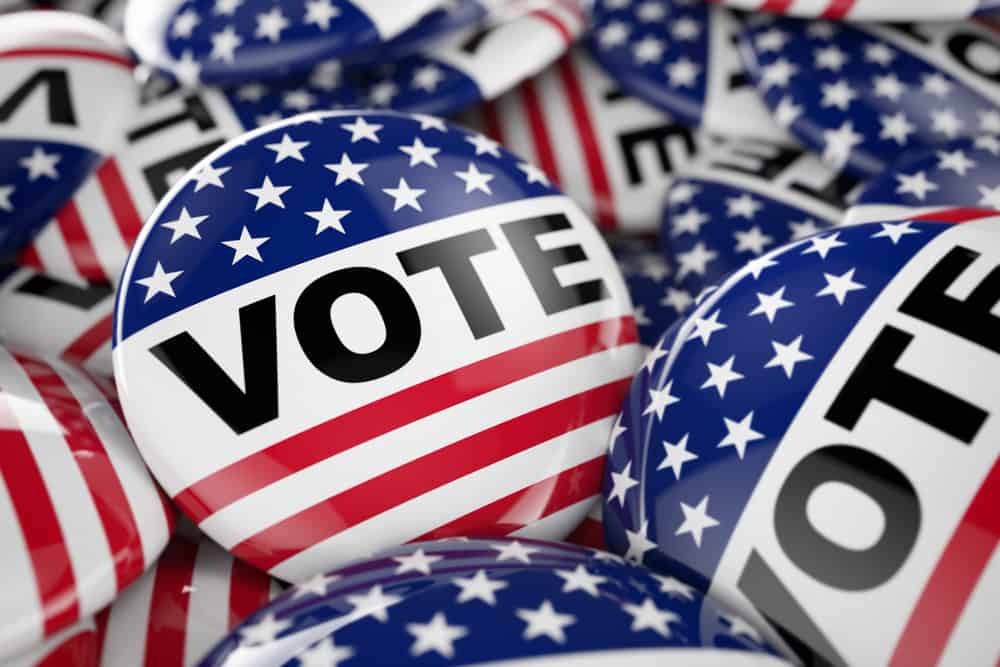Do you know why some countries have a higher voting age than others? Or what the pros and cons of different voting age limits are? In this blog post, we’ll dive deep into the reactions to changing or setting different voting age limits. From exploring the historical context surrounding global regulations to discussing current debates in our own country, we will bring expert insight into how varying minimum ages for suffrage affect democracy today. By examining varying points of view on this interesting topic through an engaging combination of research and discussion, prepare for an extensive journey that delves deeper into the world of politics!
Some Key Takeaways:
- Historical Perspective: The voting age has not been static; it has evolved, adapting to the zeitgeist. This flexibility is important to remember as we navigate modern debates.
- Global Variations: The voting age varies widely from Austria’s 16-year-old voters to the 21-year-old suffrage threshold in some Middle Eastern countries. These differences offer us a rich landscape for comparative studies, helping us understand the factors that influence these limits.
- State-Level Regulations: These localized debates often serve as testing grounds for broader national discussions. So, if you’re an American concerned about this issue, your statehouse is a great place to start your advocacy efforts.
Overview of the voting age and why it matters
Voting is a crucial part of any democracy, and the age at which someone is deemed old enough to cast their ballot is an important factor. In most countries, the voting age is 18, but some places allow 16-year-olds to vote. It matters because it is an indicator of civic responsibility and government involvement. Those who cannot vote often feel that their voices are not being heard or that they are not valued members of society. Lowering the voting age has been a topic of debate in recent years, with many believing that 16-year-olds are mature enough to make informed decisions regarding their country’s leadership. Whatever your stance on the issue, it’s clear that the voting age is a meaningful aspect of our democracy and plays a significant role in shaping our society.
Exploring variations in the voting age limits across different countries and jurisdictions.
Have you ever wondered why the legal voting age differs in various countries? Exploring the different policies and laws that dictate who can vote and when is fascinating. From the United States, where the age limit is 18, to countries like Oman and the United Arab Emirates, where citizens can only vote when they reach the age of 21, there are a wide range of variations in voting age limits across the globe. Some countries have even lower age limits, like Austria and Nicaragua, where individuals can vote at 16. It’s fascinating to learn about these differences and understand how each country has decided to structure its voting systems.
Historical timeline of the voting age in the United States
Did you know that the voting age in the United States was not always 18? The voting age has changed throughout history and has been a hotly debated topic. In 1776, the voting age was set at 21 and remained that way for many years. However, during the Vietnam War, many young people felt that if they were old enough to fight for their country, they should also be able to vote. As a result, in 1971, the 26th Amendment was ratified, lowering the voting age to 18. It’s amazing to think that something as simple as the voting age has significantly impacted society and our democratic process.
Examining current state-level regulations on voting age
As we all know, America is a country built on the principles of democracy and the right to vote. Many state-level regulations are examining the voting age and whether it should be lowered. This is an important conversation to have and one that affects us all. As young people become more and more politically active, we must consider their role in shaping the future of our country. Examining current state regulations on the voting age ensures that youth voices are heard and that our democracy remains strong and vibrant. So, let’s get the conversation started and work towards a brighter, more inclusive future!
Pros and cons of lowering or raising the voting age limit
Have you ever thought about changing the minimum voting age limit? It’s a topic that is debated among many. On one hand, lowering the voting age limit could allow more young adults to participate in the democratic process and have their voices heard. On the other hand, others argue that 18 is already a young age to vote and that lowering it could result in less informed and mature voters. Conversely, raising the age limit could result in a more informed and mature group of voters and exclude young adults who are passionate about the issues. It’s a complex and divisive issue with valid arguments on both sides. What do you think?
Impact of changing the voting age on public opinion and policy outcomes
Have you ever wondered how changing the voting age would impact our political system? It’s a topic debated for years and good reason. It’s no secret that young people are often passionate about issues that are overlooked by older generations. Giving them the right to vote would not only acknowledge their concerns but could also push for more progressive policy outcomes. However, not everyone is on board with lowering the voting age. Some argue that younger individuals aren’t responsible enough to make informed political decisions. Overall, the impact of changing the voting age on public opinion and policy outcomes is a complex issue with both potential benefits and drawbacks.
The voting age is an important issue for people and nations worldwide. From state-level variations to countries allowing sixteen-year-olds to vote, everyone must consider both sides before changing current regulations. As citizens, we must understand and engage in thoughtful dialog with one another about why we believe in particular voting age limits, as there could be far-reaching consequences from increasing or decreasing the age when people are allowed to cast their votes. With this blog post, we hope to enlighten readers on this controversial topic so they can make informed decisions and have strong opinions based on facts and research. Let’s continue having these conversations with each other to build a better world for all together.
A Global Tour of Voting Age Limits: From Sweet 16 to the 21 Club!
When discussing voting age, it’s easy to forget that there isn’t a one-size-fits-all standard globally. From allowing teens to vote to require a bit more life experience, let’s go on a whirlwind tour of how different countries decide who’s old enough to cast a ballot.
The Sweet 16 Club: Young and Eager
- 🇦🇹 Austria: 16 years
- 🇧🇷 Brazil: 16 years (voluntary)
- 🇳🇮 Nicaragua: 16 years
- 🇦🇷 Argentina: 16 years (voluntary)
These countries put a lot of faith in their young citizens, opening the ballot box to 16-year-olds. In some places like Brazil and Argentina, it’s voluntary for those between 16 and 18.
The Standard Eighteen: Majority Rules
- 🇺🇸 United States: 18 years
- 🇬🇧 United Kingdom: 18 years
- 🇮🇳 India: 18 years
- 🇯🇵 Japan: 18 years
The age of 18 seems to be the global norm, with countries from different continents agreeing that once you reach this age, you’re ready for the responsibilities of voting.
The 21 Club: A Bit More Seasoned
- 🇴🇲 Oman: 21 years
- 🇸🇬 Singapore: 21 years
- 🇦🇪 United Arab Emirates: 21 years
- 🇸🇲 San Marino: 21 years
These nations decide to play it safe, allowing only those 21 and older to vote. The belief here is that a few more years of life experience often translate into better decision-making at the polls.
Outliers and Special Cases: Where It Gets Interesting
- 🇮🇹 Italy: 25 years for Senate elections, 18 for others
- 🇧🇭 Bahrain: 20 years
- 🇰🇷 South Korea: 19 years
Italy spices things up by allowing 18-year-olds to vote but making them wait until 25 to participate in Senate elections. South Korea and Bahrain also put their unique twists on the age limit.
Isn’t it fascinating to see how varied these age limits are? Each country’s philosophy and historical context contribute to these numbers. Whether it’s the eager 16-year-olds in Austria or the more cautious 21-year-olds in the United Arab Emirates, these age limits offer a unique window into the world’s differing views on civic responsibility and maturity. So, the next time you discuss voting age, you’ll have this handy global guide to add some international flavor to the conversation! 🌏🗳️





